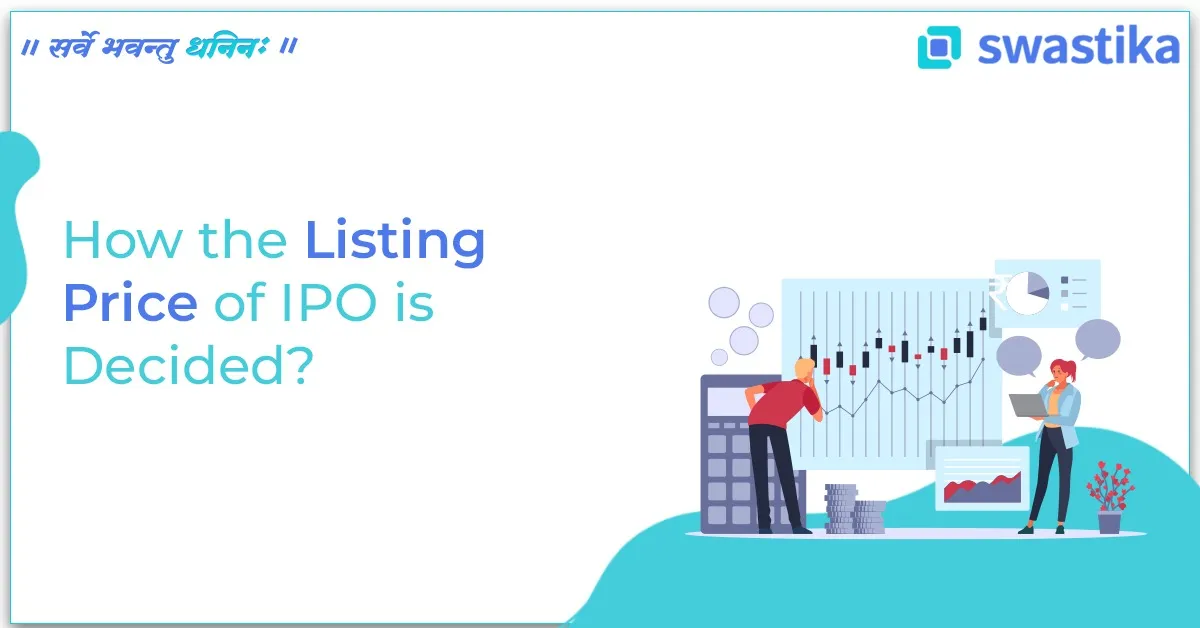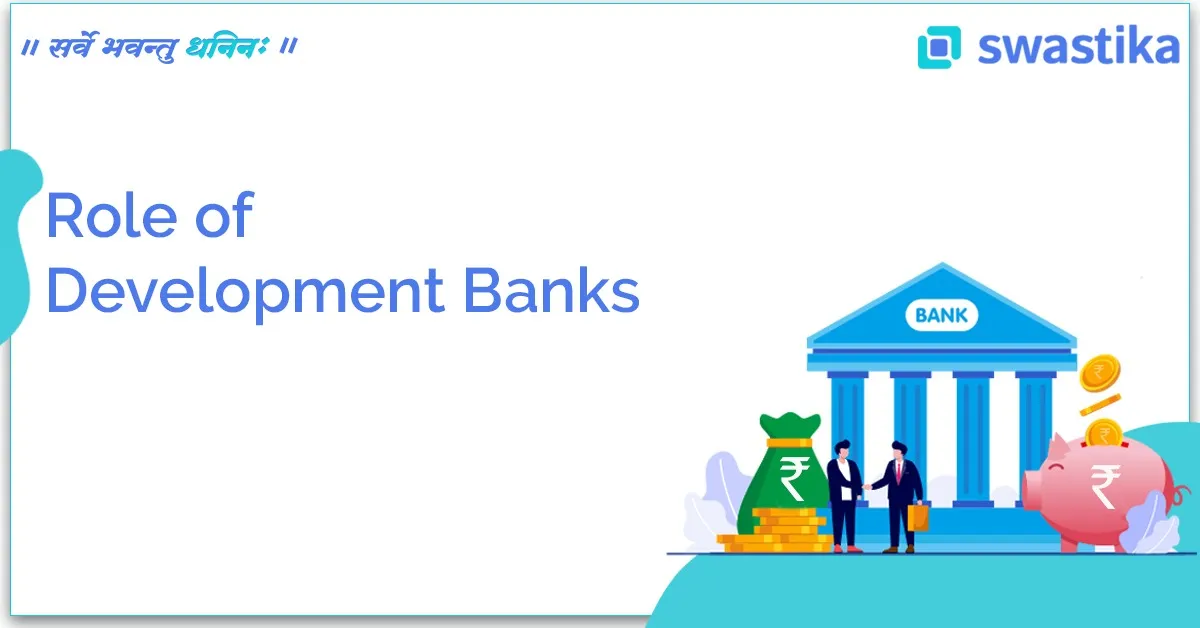Top Performing Commodity Stocks and ETFs in India: Trends, Leaders & Smart Investing

Key Takeaways
- Explore the best-performing commodity stocks and ETFs in India for 2025
- Learn about critical factors affecting commodity investments
- Understand the role of SEBI and compliance in safeguarding investors
- See how leading brokers and Swastika Investmart enable easy, secure investments
- Get practical insights for beginners navigating commodity trading
Overview
India’s commodity market has witnessed a dynamic shift, with commodity stocks and ETFs gaining remarkable traction among modern investors. As 2025 unfolds, many are seeking exposure to commodities—like gold, energy, and agri-goods—not just for returns, but as a diversification strategy. In this guide, we’ll spotlight current top performers, explore the factors behind their growth, and reveal how Indian investors can harness these opportunities for a future-ready portfolio.
Commodity investing has evolved with the support of robust trading platforms, regulatory frameworks, and growing awareness, making it accessible even to beginners. Let’s dive in!
Top Performing Commodity Stocks in India (2025)
Important: Returns and leaderboard may change as global commodity markets remain volatile; regularly track via your trading platforms.
Leading Commodity ETFs in India (2025)
Why Commodity Stocks & ETFs Are Gaining in 2025
India’s commodities market has seen heightened activity due to global supply chain changes, inflationary pressures, and swings in energy prices. Investors are increasingly turning to commodities to hedge against inflation and to add a non-correlated asset to their equity-heavy portfolios.
Smart investing platforms like Zerodha, Groww, Upstox, Angel One, and ICICI Direct offer seamless access to these asset classes through mobile apps, web platforms, and modern interfaces that facilitate both learning and execution.
Key Points for Beginners:
- Commodity investing requires a demat account, compliant with SEBI and connected to NSDL/CDSL for safety and transparency.
- Brokers must follow SEBI’s strict guidelines, ensuring that client funds and assets have robust investor protection measures.
The Role of SEBI, NSDL, and Investor Protection
The Securities and Exchange Board of India (SEBI) is the primary regulator ensuring commodity trading is fair, transparent, and secure. All exchanges and depositories (NSDL, CDSL) are bound by SEBI’s compliance mandates. This means every trade is backed by clear records, investor grievance redressal, and minimum risk of operational fraud.
New investors typically start by:
- Signing up with a SEBI-registered broker online
- Completing KYC and linking a demat account
- Exploring top-performing commodity stocks and ETFs via research reports and market dashboards
How Brokers Enable Access and Safety
Well-known trading platforms like Zerodha, Upstox, and Angel One champion technology-driven onboarding, user-friendly dashboards, and frequent digital updates to help clients stay ahead.
Swastika Investmart stands out for its:
- Decades-long reputation in customer trust across India
- Advanced research desk producing actionable insights on commodities
- Seamless onboarding with vernacular options for regional support
- SEBI-compliant processes and top-tier advisory services
- Cutting-edge technology stack, mobile investing, and proactive customer support
Ready to begin your journey?
👉 Open a Commodity Investment Account with Swastika Investmart
Experience robust security, expert guidance, and an easy-to-navigate trading experience.
Key Scenarios for Beginners
Imagine a 26-year-old in Indore, beginning with Rs. 5,000 in a gold ETF, guided by Swastika’s research team. Within months, their portfolio grows not just in value but in diversity—by adding metal stocks and agri-commodity ETFs. With SEBI’s regulatory protection and the transparency of NSDL/CDSL, small investors build habits for long-term wealth creation.
Frequently Asked Questions
Q1. How do I start investing in commodity stocks in India?
Open a demat account with a SEBI-registered broker like Swastika Investmart, complete KYC, and use your trading platform to buy shares of listed commodity companies.
Q2. Are commodity ETFs safe for beginners?
Yes, SEBI mandates transparency and safety for all ETFs. These funds are backed by physical commodities or well-structured indices, minimizing counterparty risks.
Q3. Can I invest in commodities using mobile apps?
Absolutely! Leading brokers like Swastika Investmart, Zerodha, and Upstox provide seamless mobile investing, real-time research, and simple onboarding.
Q4. What is the difference between commodity stocks and ETFs?
Commodity stocks refer to shares of companies operating in commodity spaces (e.g., metals, oil); ETFs pool investor money to track underlying commodity assets.
Q5. How do SEBI and NSDL/CDSL protect my investments?SEBI enforces strict compliance and investor protection, while NSDL/CDSL ensure safe demat holdings, digital records, and clear settlement processes.
Conclusion
2025 is an exciting year for commodity investing in India. With top-performing stocks and ETFs leading the way, investors can confidently diversify their portfolios. Support from SEBI regulations, technology-driven brokers, and research-focused partners like Swastika Investmart ensure that every step—from onboarding to trading to monitoring—is safe, user-friendly, and future-focused 😊.
Start your journey now:
.webp)

.png)



.webp)
.webp)

.webp)






